Let’s Talk About Something We All Take for Granted
I’ll be honest. I used to be the person who’d breeze through the entire day drinking nothing but black coffee. Maybe an occasional can of soda. If this sounds familiar, you’ll get it by mid-afternoon. I’d consistently hit that “can’t keep my eyes open” wall, struggle to focus, and feel sluggish in nearly every meeting. I blamed work, sleep, stress, even the weather. Turns out, the answer was a lot simpler: I just wasn’t drinking enough water.
I never realised how much hydration affects my daily health until I paid attention. Making it a habit wasn’t a dramatic, overnight transformation. But slowly, my head felt clearer, my energy lasted longer, and (to my surprise) my skin and digestion both improved.
So, why do we brush off hydration as a minor detail? Maybe because, even though water makes up over half our bodies, we just don’t think about it until we’re thirsty. The thing is, once you truly understand how hydration quietly powers everything you do, you’ll never look at your morning glass of water the same way again.
This is the guide I wish I’d had years ago. Straightforward, useful, & most of all realistic for busy lives.
Table of Contents
🌊 Why Your Body is Basically a High-Tech Water Park
Imagine your body as a bustling, high-tech water park. Countless slides, pools, and ride seach one relying on smooth water flow to keep things moving. Now imagine someone slowly turning off the tap. Suddenly, the whole place starts to sputter and grind. That’s your body when it’s even just a little dehydrated.
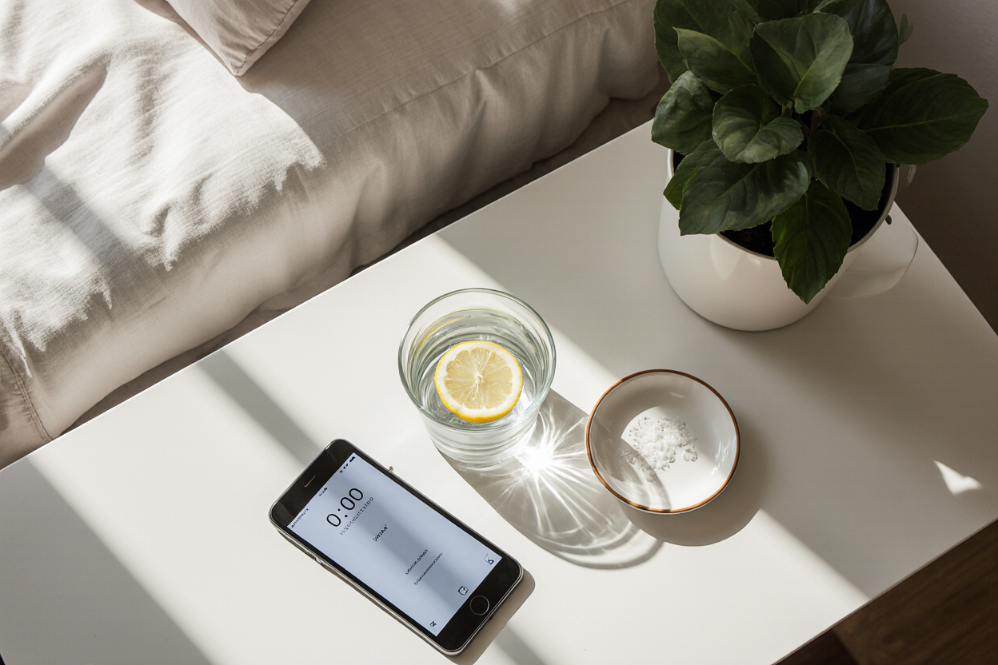
Water doesn’t just “exist” in your body it’s your personal delivery van for nutrients, your trash truck for waste, and even your joint’s favorite lubricant. If you’re like me, you might be surprised by your needs. According to the National Academies of Sciences, men should aim for about 15.5 cups of fluids a day, and women about 11.5 cups. I’ll be honest the first time I read that, I thought there must be a typo. But as soon as I started trying to actually reach those numbers, two things happened: it got easier, and I felt real, measurable improvements.
At the smallest level, your cells are like little water balloons. When they’re full, energized, and well-hydrated, everything from healing to communication speeds up. When they start to dry out? You feel it as fatigue, brain fog, and a general “off” feeling even at just 2% dehydration.
⚡ The Changes You’ll Actually Notice
More Natural Energy (That Doesn’t Come from a Coffee Cup)
Here’s something nobody told me: the most common early sign of dehydration is straight-up tiredness. What do we usually do when we’re tired? Grab coffee or an energy drink. But if you’re running on empty waterwise, your blood gets thicker, your heart has to work harder, and suddenly you’re dragging through your day with weighted boots on.
Tip that changed my mornings: A big glass of water before coffee. I started small, but within a week, those groggy mornings felt lighter. That “must have caffeine NOW” urgency faded into the background.
Your Digestion Will Thank You
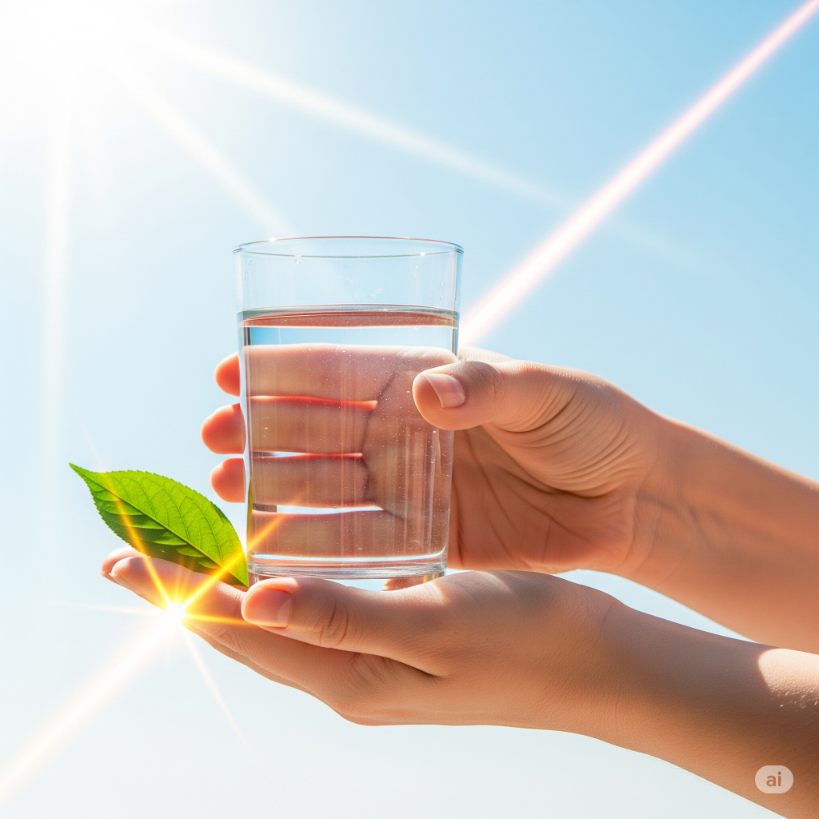
Nobody loves to talk about digestion, but honestly, when it’s running smoothly, you feel the comfort everywhere. Water is crucial for everything from saliva to moving food through your intestines. A change I noticed quickly? Less bloating after meals and far more, uh, regularity.
Working Out No Longer Feels Like a Chore
Ever tried to exercise when you’re even a little dehydrated? (I have. Spoiler: it’s a slog.) Even mild dehydration zaps your strength and endurance by nearly 10%. Since I started staying hydrated not just during, but before workouts I’ve noticed I recover faster and don’t feel so wiped out the next day.
🥥 Pro tip: Coconut water after intense activity works wonders because of the natural electrolytes. It’s now a staple in my fridge.
🧠 Your Mind on Water
Brainpower: The Hidden Link
Your brain is about 75% water, and it shows: brain fog, trouble remembering simple things, and feeling irritable are all signs of mild dehydration. Before I had a hydration routine, I’d hit that late-afternoon slump every day and just blame the clock.
But the science backs it up: when you’re hydrated, your brain produces neurotransmitters better, keeps blood flowing efficiently, and actually improves your concentration. The Mayo Clinic highlights how hydration supports clear thinking and sustained focus. My own mental clarity improved so much, I wondered how I ever put up with less.
Mood, Stress, and Sleep
Did you know low hydration actually triggers stress hormones? When you run on empty, your body pushes out more cortisol so it’s not just “all in your head.” It’s a real cycle: dehydration makes you stressed, feeling stressed makes you ignore self-care, and round it goes. Hydration, as simple as it sounds, can help break that loop.
Want to sleep better without changing anything else? Focus on daytime hydration. When I did, I started falling asleep faster and staying asleep longer. Drink more water earlier in the day and reduce intake at night to prevent midnight bathroom trips.
🚦 What Is Your Body Trying to Tell You?
I used to think as long as I wasn’t desperately thirsty, I was fine. Turns out, thirst is your body’s way of saying “You’re already behind.” Here’s what I look for now:
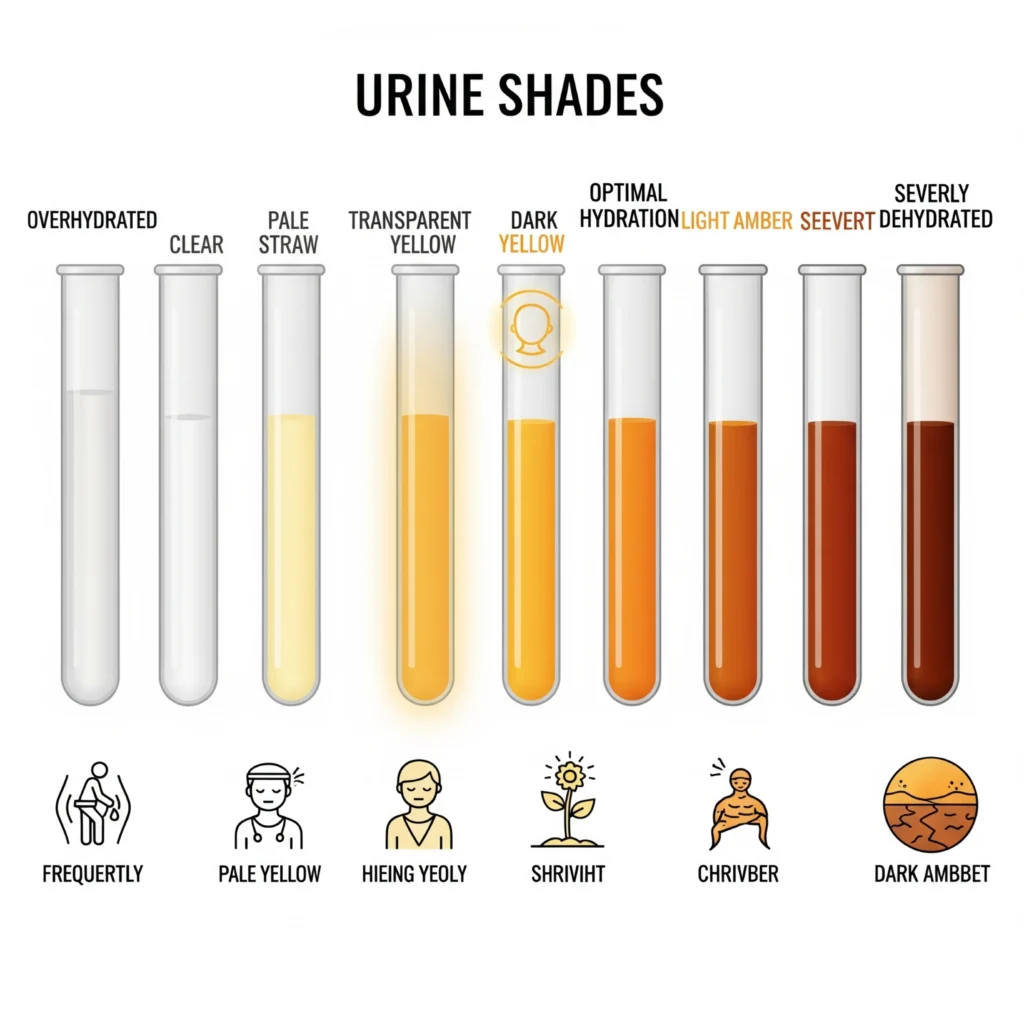
- 💧 Dark yellow urine (aim for pale yellow like lemonade)
- 👄 Dry, sticky mouth
- 🤕 Afternoon headaches
- 😴 Tiredness that doesn’t go away with caffeine
- 💫 Gets dizzy when standing up too quickly
Mentally?
- 🧠 Trouble focusing
- 😤 Extra crankiness
- 🔍 Forgetfulness about little things
- ☁️ That thick, cottony brain fog
💡 Don’t Wait Until You’re Thirsty
Thirst is a lagging indicator especially as we get older. I learned my lesson during a steamy summer, always “catching up” on hydration instead of staying ahead. The fix? Make hydration a habit, not a reaction.
🌅 Small Strategies with Big Impact
Start Your Day Right
- Glass of water on your nightstand (chug it before you even stand up)
- 16–20 oz. within half an hour of waking
- Pinch of sea salt or squeeze of lemon (helps with absorption)
- Wait 30 minutes before drinking coffee hard at first, but totally worth it
I felt less sluggish in the mornings and less desperate for instant caffeine.
read also: The Power of Lemon: A Health Elixir
The Power of Lemon: A Health Elixir
Staying Hydrated at Work
I know it’s tough once the day gets going, hours can fly by without a single sip. Here’s what helps me:

- 👀 Water bottle with time markers it’s dorky, it works
- 📱 Set hourly reminders (annoying at first, strangely motivating)
- 🖥️ Sticky note on your screen
Make it easy:
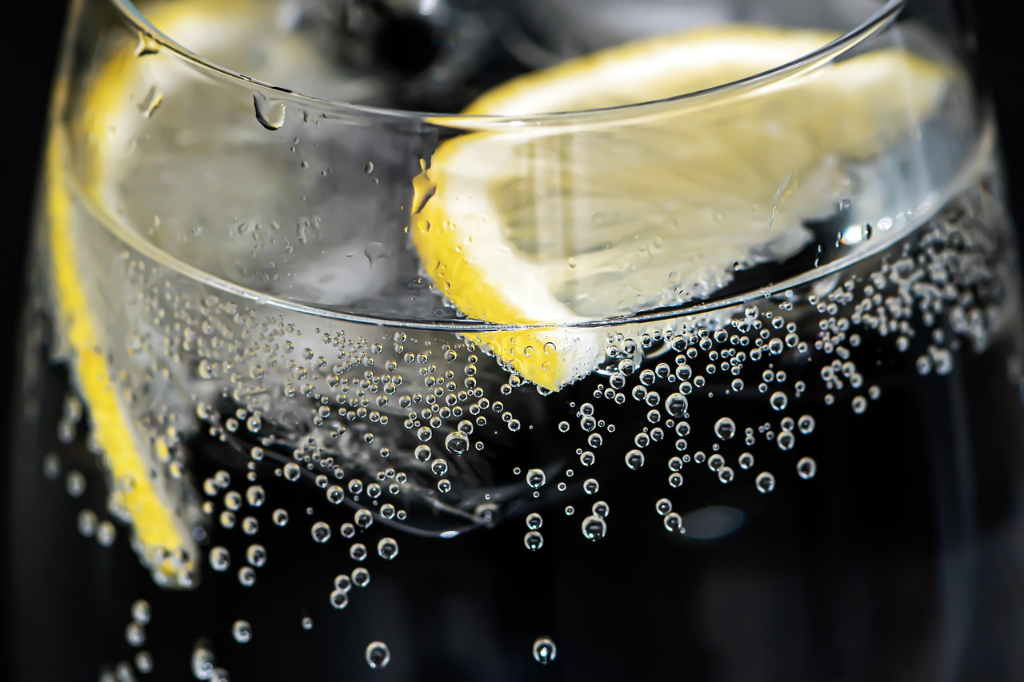
- 🥤 Keep a dedicated water bottle at your desk
- 🚰 Get a filter if tap water isn’t tasty
- 🥒 Add fruit, herbs, or try herbal teas for flavor variety
Hydration for Exercise
I used to assume exercise only needs water during the workout. Wrong! Pre- and post-exercise hydration matters just as much.
- ⏰ Before: 17–20 oz., a couple hours before working out
- 🏃 During: 7–10 oz. every 10–20 minutes (even more if you’re really sweating)
- 🏁 After: 16–24 oz. for every pound of sweat lost
For longer workouts, don’t forget a source of electrolytes like coconut water or an electrolyte powder.
👀 Busting the Biggest Hydration Myths
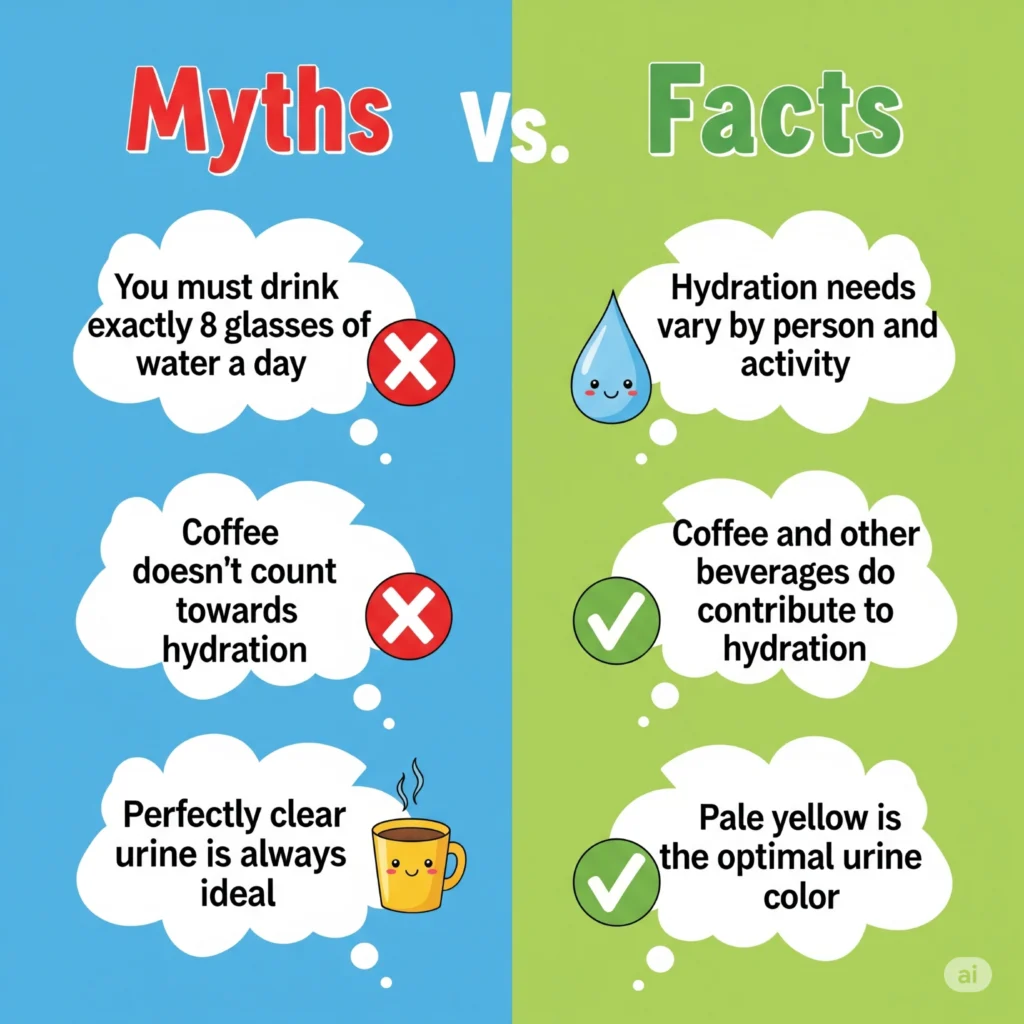
“8 Glasses a Day” is Too Simple
You’ve heard it forever, but your real needs depend on your body, activity, and climate. A good starting point? Try for about half your weight in ounces (e.g., weigh 150 lbs? Start at 75 oz. and adjust as needed).
Coffee and Tea Can Count
I used to think coffee was “negative hydration.” Turns out, regular drinkers adapt, so most of your usual coffee or tea counts towards your total. Still, water should be your mainstay let the fun drinks be extras, not replacements.
Crystal Clear Urine Isn’t the Goal
Pale yellow (think lemonade) is just right. If your pee is always totally clear, you might be drinking a bit too much and losing important salts. Aim for balance instead.
🚑 When Hydration Really Matters
If you’re sick, recovering from a fever, or suffering from stomach bugs, your fluid needs skyrocket. The CDC advises upping fluids and adding electrolytes if you’re losing lots of water.
Pregnancy, breastfeeding, and aging also bring higher needs or lower thirst. Notice and adjust. Your future self will thank you.
🏗️ Build a Personal Hydration Plan
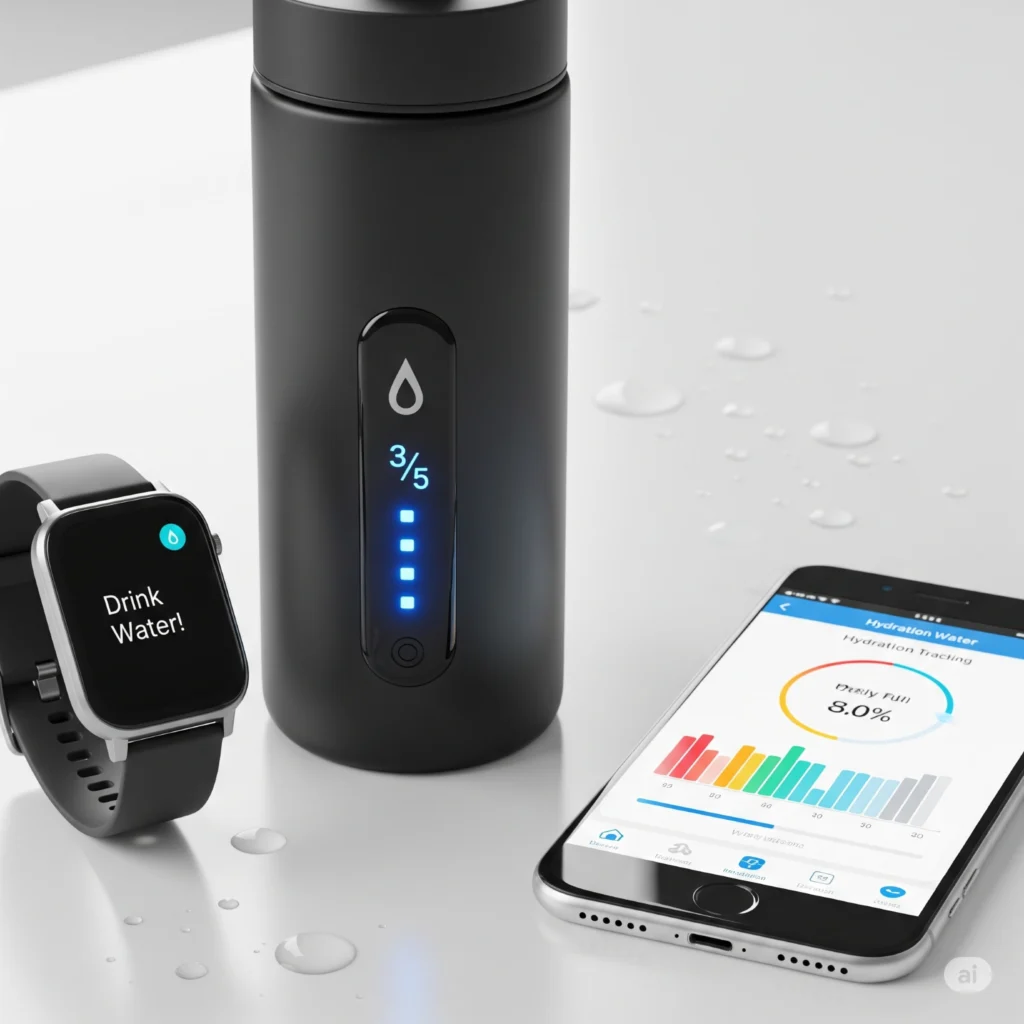
What works for your ultramarathon friend won’t fit your desk-job lifestyle. Adjust based on:
- Activity level
- Climate
- Medications
- Routine
- Taste preferences
Temporary tracking can help kickstart habits:
- 🥤 Use a marked water bottle
- 📝 Simple daily checklist
- 📱 Hydration tracking apps
Notice changes in:
- 🚽 Urine color and frequency
- ⚡ Energy levels
- 😴 Sleep quality
- 😊 Overall mood
🛠️ Make It Stick and Have Fun
Start small. Focus on one good habit each week:
- 🗓️ Week 1: Morning hydration
- 🏢 Week 2: Desk reminders
- 💪 Week 3: Exercise hydration
- ⚖️ Week 4: Fine-tune
If you like gadgets, try a smart bottle or tracking app. And if water at home tastes odd, don’t hesitate to get a filter.
🚩 The Risks of Ignoring Hydration
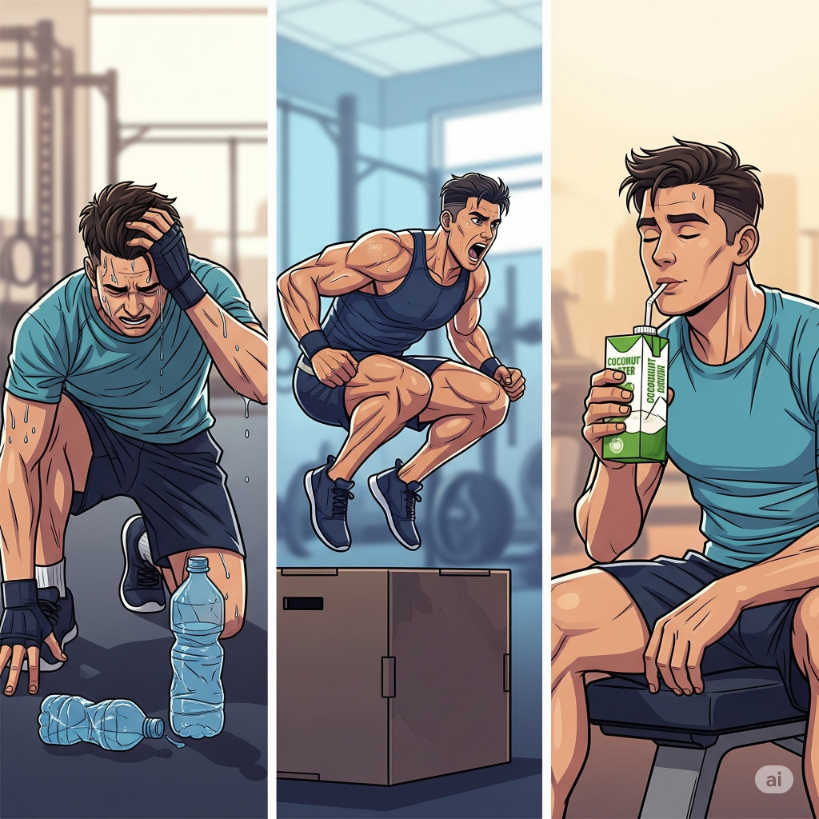
Over time, consistently skimping on water can mean:
- 🪨 Kidney stones
- 🫘 Lower kidney function
- 👴 Faster skin aging
- 🛡️ More illness
- 🦠 More urinary tract infections
As the years go by, good hydration habits help preserve sharp minds, healthy joints, and energy.
🌟 Make Proper Hydration Your New Normal
The impact of hydration goes far beyond quenching thirst. More energy, a better mood, great sleep, and even glowing skin all within reach, just by keeping a simple habit.
You don’t need to do everything at once. Find what works for you and keep going. Small steps add up fast!

Your challenge:
Pick one simple strategy from here whether it’s placing a glass of water by your bed, setting a phone reminder, or spicing things up with lemon and start today. Your body and mind are ready for the upgrade.
💧 Right now: Grab a big glass of water and take that first step. Your best self awaits.
📚 Sources and References
- National Academies of Sciences, Engineering, and Medicine – “Dietary Reference Intakes for Water, Sodium, Chloride, Potassium, and Sulfate”
https://www.nationalacademies.org/news/2004/02/report-sets-dietary-intake-levels-for-water-sodium-chloride-potassium-to-maintain-health-and-reduce-chronic-disease-risk - Mayo Clinic – “Water: How much should you drink every day?”
https://www.mayoclinic.org/healthy-lifestyle/nutrition-and-healthy-eating/in-depth/water/art-20044256 - Centers for Disease Control and Prevention (CDC) – “Water and Healthier Drinks”
https://www.cdc.gov/healthyweight/healthy_eating/water-and-healthier-drinks.html
Additional Research References:
- American Journal of Clinical Nutrition – Studies on hydration and cognitive performance
- Journal of the American College of Nutrition – Research on hydration and physical performance
- International Journal of Sport Nutrition and Exercise Metabolism – Hydration guidelines for athletes
- European Journal of Clinical Nutrition – Hydration and aging research
Disclaimer:
This blog post is for informational purposes only and should not replace professional medical advice. Always consult with healthcare providers before starting any new exercise program, especially if you have existing health conditions

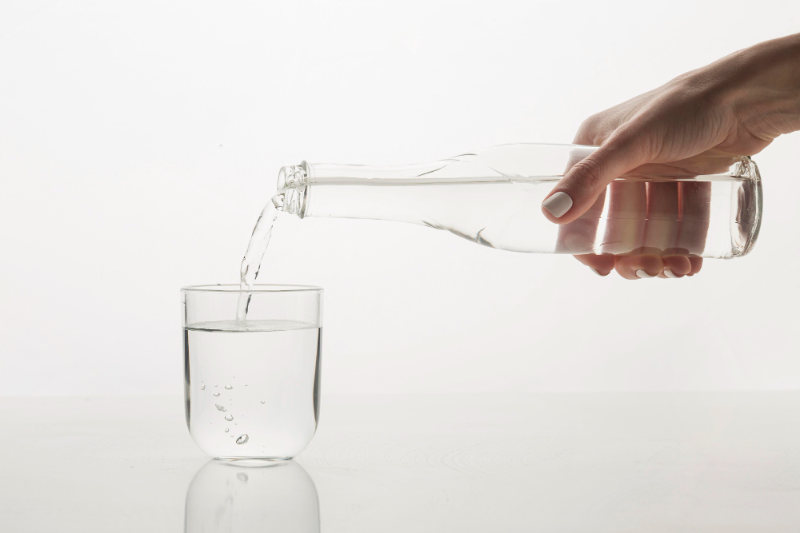
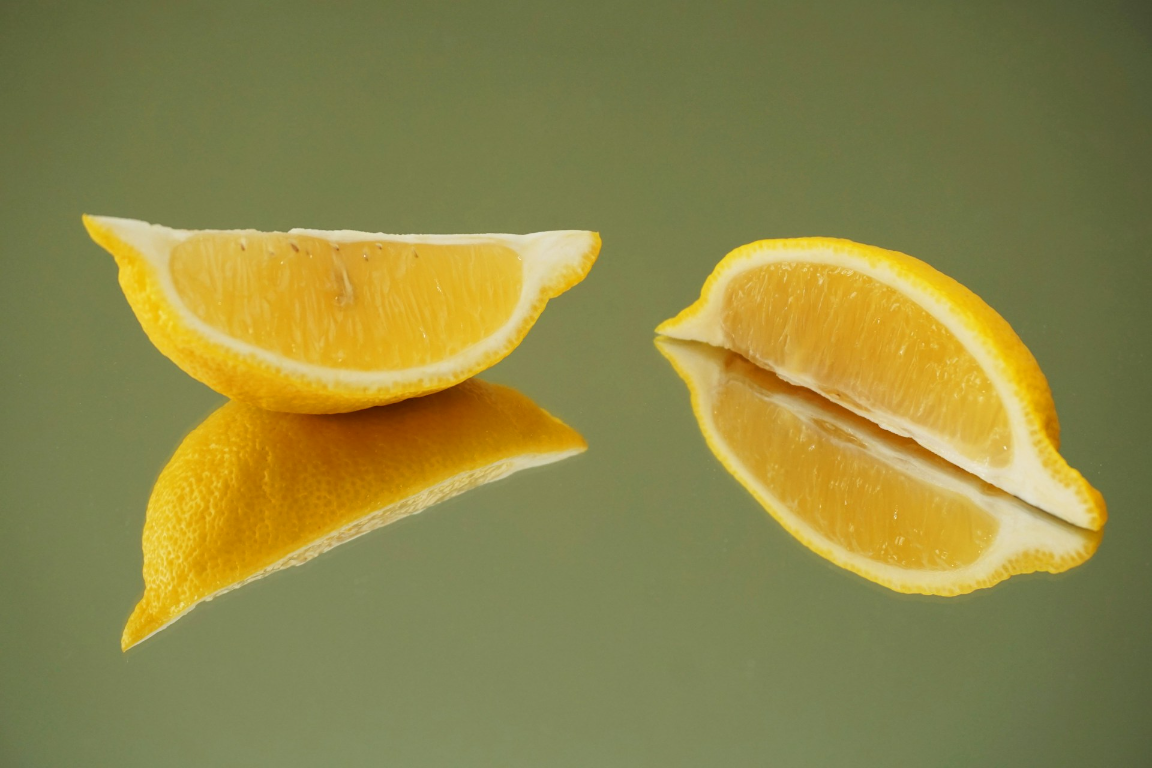

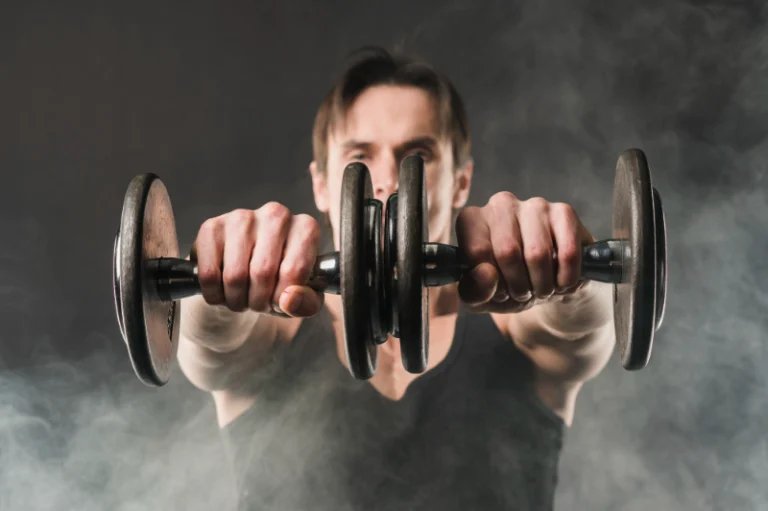





Leave a Reply